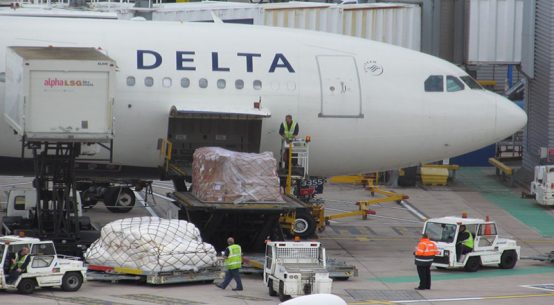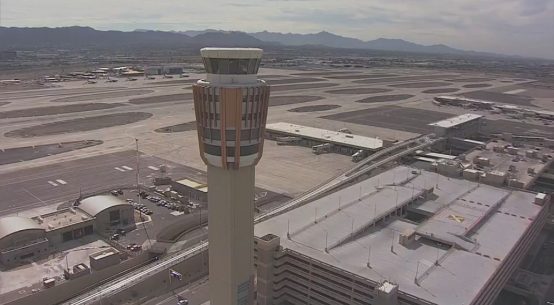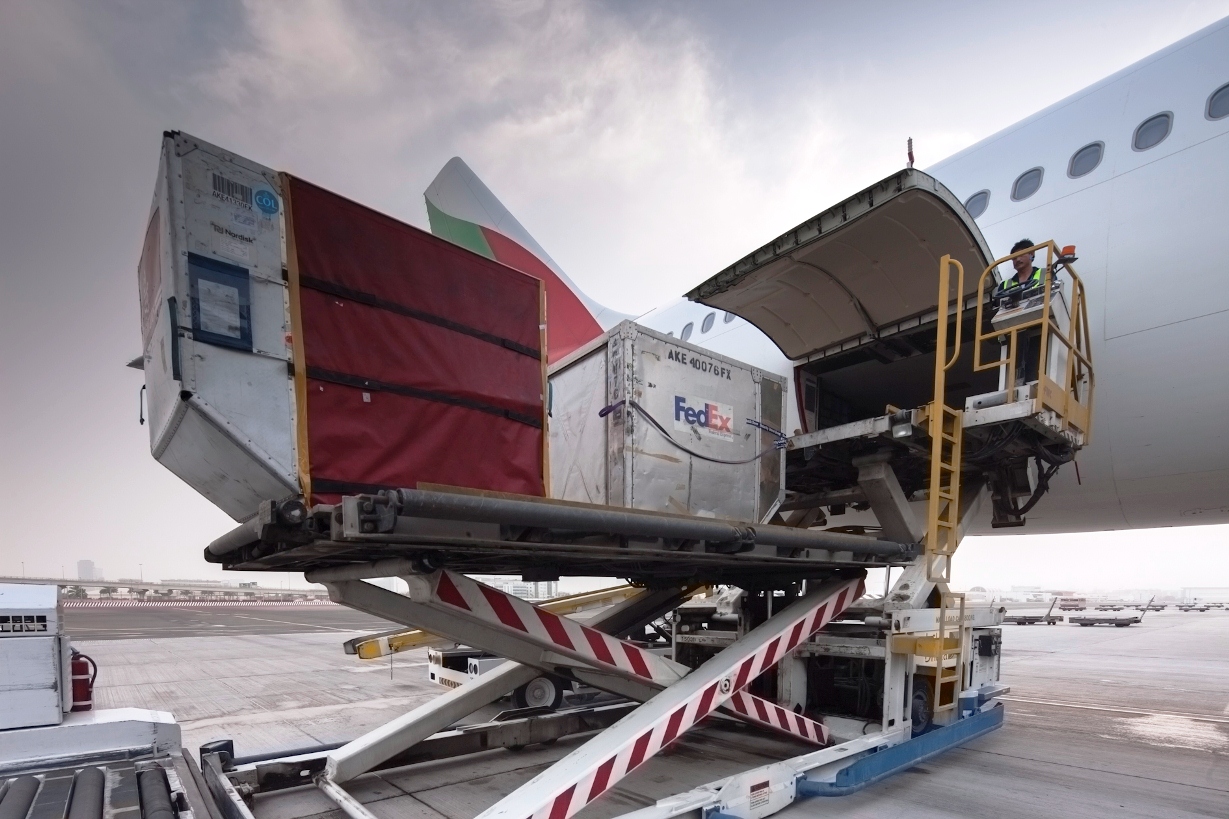
FedEx Dubai cargo operations
As demand continues to increase for air cargo and e-commerce, the world’s airports are preparing to expand where possible to handle the expected load. Here is a list of some of the most eagerly awaited airport projects that will help expand global airfreight capacity.
1) Chicago, U.S. — DHL’s Global Gateway Facility

Just last week, DHL Express announced the opening of its US$10 million expansion of its global gateway facility at O’Hare International (ORD). The 54,000-square-foot expansion, which will allow on-site U.S. Customs operations, is part of ORD’s northeast cargo campus, which DHL said was on track to be “the largest cargo development built at a U.S. airport in more than a decade, when completed in the next few years.” can process more than 4,500 pieces per hour, ranging from small parcels to palletized freight. DHL also said the new facility was necessary to meet forecasted growth in international freight and e-commerce shipments.
2) Thiruvananthapuram, India — Trivandrum International Airport International Courier Service

According to the Airport Authority of India (AAI), the Indian state of Kerala is preparing to host the first international courier facility from Trivandrum International Airport (TRV) as early as next year. AAI estimated that operations should begin in January 2018. The international courier will be managed by AAI Cargo Logistics and Allied Services Company Ltd. (AAICLAS), which is a subsidiary of AAI. The new building, acquired from Kerala State Industrial Enterprises Ltd., will also include an X-ray machine that had been sitting idle for several weeks at TRV. AAICLAS told the India Times that it will outsource the courier service to an agency and manage the administration of the delivery firm.
3) Istanbul, Turkey – Istanbul New Airport, Terminal 1
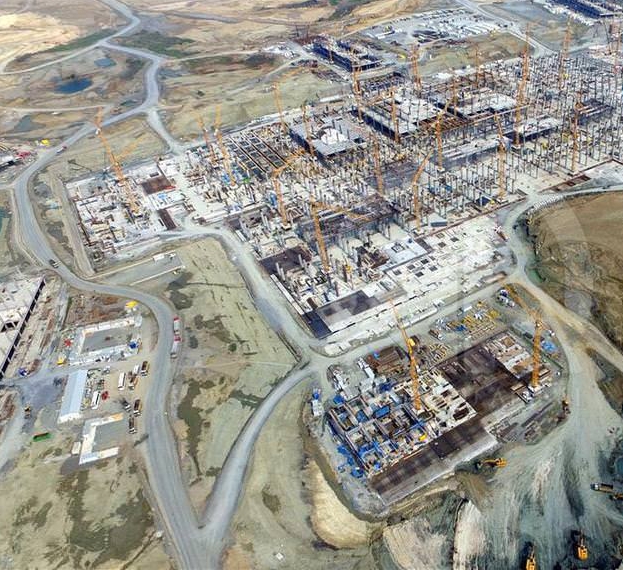
One project that much of the world is eagerly anticipating is the Istanbul New Airport (INA), which will be able to handle 5.5 million tonnes of cargo per year, when it is completely finished, and will host nearly 100 carriers when all phases are finished completely and it will be the main hub for Turkish Airlines. IGA Airport Operation, the operator of INA, said the project to open Terminal 1 is on schedule to begin its phased opening in the first quarter of 2018, which is ahead of the original schedule that pegged the opening date at November 2018. In addition to eventually becoming one of the world’s largest cargo hubs once Terminal 2 is finished, INA will have a total land area of about 1.4 million square meters, plus a “cargo city” with room for 29 separate park positions for freighters.
4) Moscow, Russia – Moscow Cargo Terminal

In preparation for the 2018 FIFA World Cup, which will be hosted by Russia next year, Moscow’s Sheremetyevo International Airport (SVO) has finished construction work on the new Moscow Cargo Terminal, described as the largest airfreight facility in the Russian Federation. Rosaviatsiya, the Federal Agency of Air Transport, issued a permit for operations to start last month at the automated facility, which spans 43,000 square meters and boasts an annual handling capacity of 380,000 tonnes. The terminal comes equipped with an automated seven-tier system of cargo shelf storage and handling, with a capacity of nearly 3,200 pallets and a container storage area to hold up to 576 ULDs. Later this year, SVO expects that reconstruction work on the Starosheremetievskoe highway will improve road access to the new facility.
5) Incheon, South Korea — FedEx Cargo Terminal
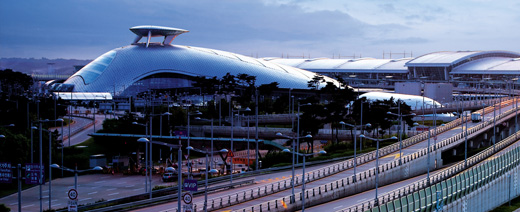
The wait will be a bit longer for this new project, but FedEx Express said it recently signed an agreement to begin construction of a new cargo terminal at the Incheon International Airport (ICN). Covering more than 23,400 square meters, the new FedEx Cargo Terminal will double the integrator’s current footprint at ICN, and will also include more warehouse, office and canopy space. FedEx also said the new structure – expected to be finished in 2021 – will have an automated cargo-sorting system at the new terminal that will be able to handle up to 18,000 packages per hour. Eun-Mi Chae, managing director of FedEx Express Korea, said in a statement that “FedEx is investing to support the robust demand in Korean imports,” adding that the expansion “will improve our operational capabilities and create greater access to the global market.”
With reports from Aircargoworld



